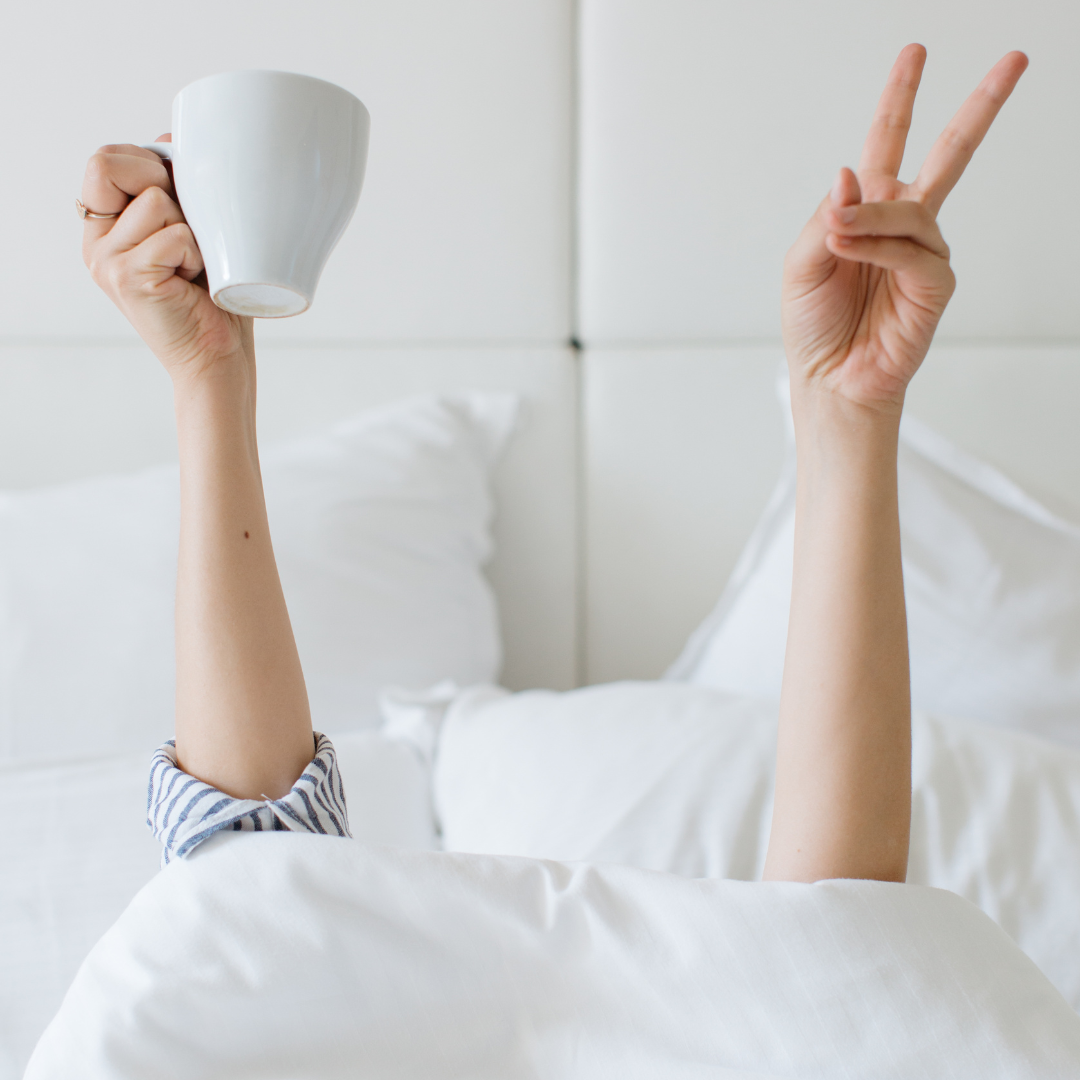Are you tired of hitting the snooze button repeatedly and feeling groggy every morning? Becoming a morning person might seem like an elusive goal, but with the right strategies backed by science, you can transform your mornings into a productive and energizing part of your day. In this blog post, we'll explore proven techniques to help you become a morning person and start your day on the right foot.
- Gradual Adjustment of Bedtime:
Becoming a morning person starts the night before. Gradually adjusting your bedtime can help reset your internal clock. Start by going to bed 15 minutes earlier each night and waking up 15 minutes earlier in the morning. Stick to this schedule until your body adapts, and then continue making incremental adjustments until you reach your desired wake-up time.
- Consistent Sleep Schedule:
Consistency is key. Try to maintain the same sleep schedule every day, even on weekends. This helps regulate your body's internal clock and improves the quality of your sleep, making it easier to wake up in the morning feeling refreshed.
- Create a Relaxing Bedtime Routine:
Engage in calming activities before bed to signal to your body that it's time to wind down. This could include reading, practicing deep breathing, or journaling about your day. Avoid screens and stimulating activities at least an hour before bedtime, as the blue light emitted by screens can interfere with your sleep quality.
- Optimize Your Sleep Environment:
Create a sleep-conducive environment by keeping your bedroom dark, quiet, and cool. Invest in a comfortable mattress and pillows, and consider using blackout curtains to block out any unwanted light. A serene sleep environment contributes to better sleep quality, making it easier to wake up refreshed.
- Morning Exposure to Natural Light:
Natural light exposure in the morning helps regulate your body's internal clock and promotes wakefulness. Open your curtains as soon as you wake up or step outside for a brief walk to soak in the sunlight. This can boost your mood and energy levels throughout the day.
- Limit Evening Stimulants:
Avoid consuming caffeine and other stimulants in the late afternoon and evening. These substances can interfere with your ability to fall asleep and stay asleep, making it harder to wake up early in the morning feeling rested.
- Stay Active During the Day:
Regular physical activity can improve sleep quality and help you feel more awake during the day. However, try to avoid intense workouts close to bedtime, as they can have a stimulating effect and make it harder to fall asleep.
Becoming a morning person is a gradual process that requires consistency and commitment. By implementing these science-backed strategies, you can reset your internal clock, improve your sleep quality, and wake up each morning feeling refreshed and ready to tackle the day ahead. Remember, small changes over time can lead to significant improvements in your sleep patterns and overall well-being. Start your journey to becoming a morning person today!
Sources:
Sleep Medicine Reviews, "Behavioral and Pharmacological Strategies in Promoting Adaptation to Night Shifts"
Sleep Health, "Stability and Change in Sleep Patterns Over 25 Years: The Western Australian Pregnancy Cohort Study"
Journal of Sleep Research, "The Effects of Bedtime Writing on Difficulty Falling Asleep: A Polysomnographic Study Comparing to-do Lists and Completed Activity Lists"
Sleep Medicine Clinics, "Optimizing Sleep Environment"
International Journal of Environmental Research and Public Health, "Effects of Natural Light on Health, Well-being, and Circadian Rhythms"
Current Neuropharmacology, "Caffeine, the Most Popular Psychostimulant: A Comprehensive Review on Its Mechanism of Action and Possible Consequences of Chronic Exposure"
Sleep Medicine Clinics, "The Influence of Physical Activity and Sleep Patterns on Cognitive and Emotional Functioning in Young Adults"


